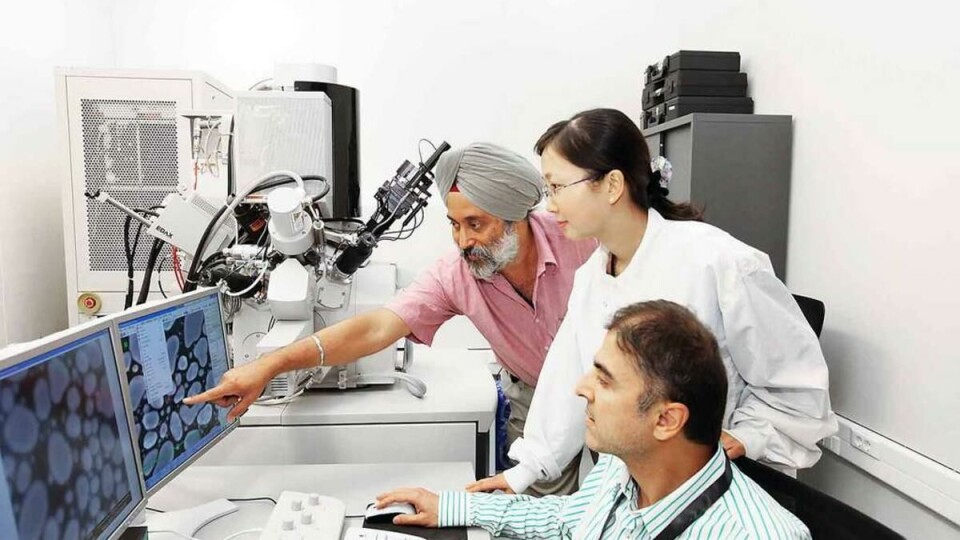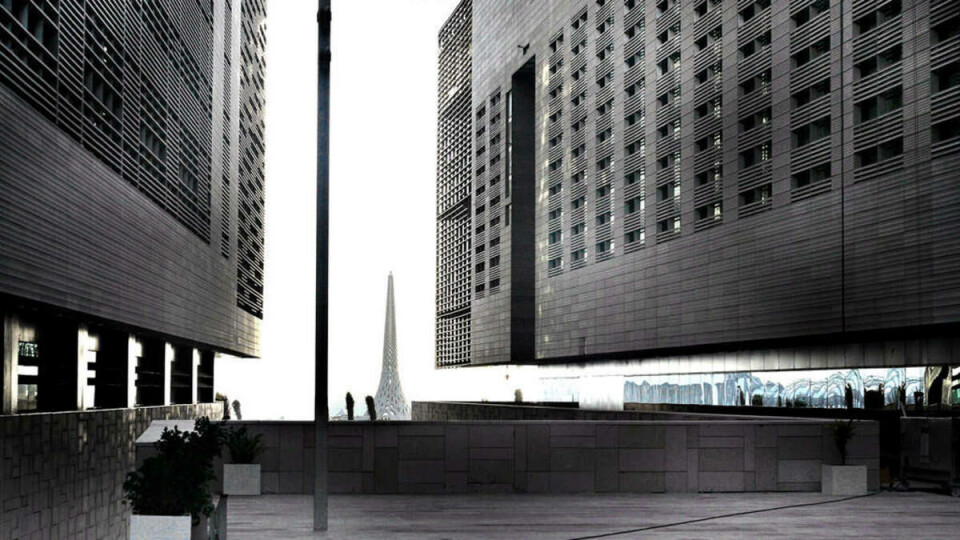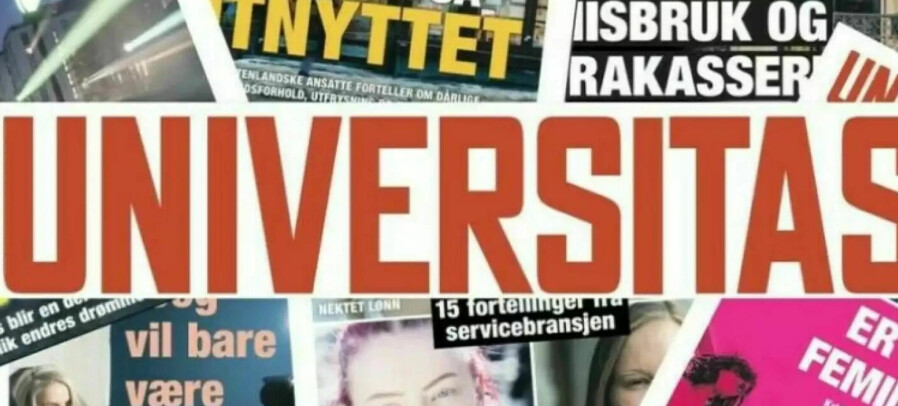
Arabian elite university to fill knowledge gaps
The building of the King Abdullah University of Science and Technology has cost 70 billion Norwegian kroner. Now the university plans to solve the Earth´s environmental challenges.

Saudi Arabia opened the new university King Abdullah University of Science and Technology (KAUST) in September, and this marks an important step toward the reduction of the knowledge gap between the Western and the Arabian countries.
– In my meetings with King Abdullah he told me that KAUST was a part of a dream he has had in his heart for 25 years. His wish is that KAUST becomes a source of knowledge, and function as a bridge between different people and cultures. Just like a House of Wisdom for the 21st century, KAUST will offer an open and developing environment in which science and research can bloom, says professor Choon Fong Shih, president by KAUST.
Yacht club, research centers and coral reefs
In three years’ time, the village of Thuwal north of Jeddah has been developed from a traditional fishing village to a modern university center. This has cost 70 billion Norwegian kroner and has resulted in a university area on a total of 36 million square meters. The area extends on the coast of the Red Sea, and includes modern facilities like parks, pools and a yacht club but also laboratories, nine modern research centers and a coral reef.
All of the students, who come from 60 different countries, receive full scholarships and live in modern apartments on campus. Student Tamer Shahin says that studying at the university is one of the best things that have happened to him.
– It is a beautiful campus, the professors are good and the facilities are nice. Since it is a small society, the university is like a big family. You can’t walk around without greeting everyone you see, he says.
According to Shih, the university is a vigorous pull for Arabian innovation and education that the whole world can benefit from.
– King Abdullah wanted to establish a research and innovation center for ground-breaking science and technology, built on a foundation of a thousand year old Islamic knowledge and science, says Shih.
Religious criticism
It has been storming around the university after the official opening in the beginning of September. The university is the first one in Saudi Arabia that allows students of both genders, and this has made several religious leaders react. In the beginning of October Sheikh Saad bin Nasser al-Shitri was made to leave the country’s religious government after openly criticizing the university’s liberal practice.
– The university landscape in Saudi Arabia has veen dominated by conservative religious powers. KAUST is a university that will not be under religious control, both when it comes to not being gender segregated and when it comes to research areas and questions that are allowed asked. This is a real change and not only a play to the gallery, says Albrecht Hofheinz, assistant professor by the Department of Culture Studies and Oriental Languages by the University of Oslo.
He thinks the new university is important to the Saudi Arabic society.
– This is considered an important step since it is the first Saudi Arabian university that does not segregate by gender on campus. It is revolutionary, and the decision has been attacked from several angles, he says.
The Saudi Arabian oil minister Ali Al-Naimi is the manager of KAUST, and says that the university exclusively focuses on quality.
– We do not operate with quotas for men or women. We want to attract the best heads in the world. The focus here is on the teaching and the research and nothing else, he says.
Strong focus on the environment
According to a spokesman at KAUST, the university is using a great deal of resources to try and find solutions to the challenges the world is facing. A fund consisting of more than 50 billion Norwegian kroner has been established to finance research, scholarships and payments.
– KAUST focuses on developing innovation and research around solutions to critical problems the world is facing. This applies to, among other things, the lack of water, alternative energy sources, drought, and the environment and to develop more effective fuel, says the spokesman.
The university has room for almost 3000 students distributed on six campuses, but even though the university covers a huge area and holds many students, only 374 students are present there. The goal is that the number should be gradually increased to 2000 students on Master’s level.
According to assistant professor Hofheinz, the university can contribute to the promotion of Saudi Arabia as a nation of knowledge.
– The university has enough resources to attract people with a good education, so it can contribute to promote the knowledge level in Saudi Arabia, he says.






























